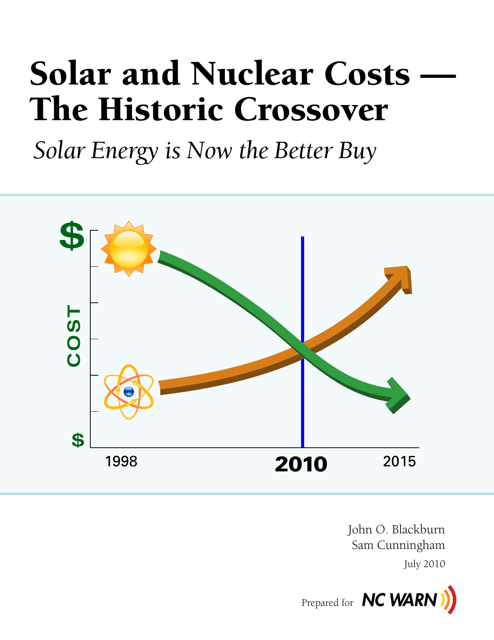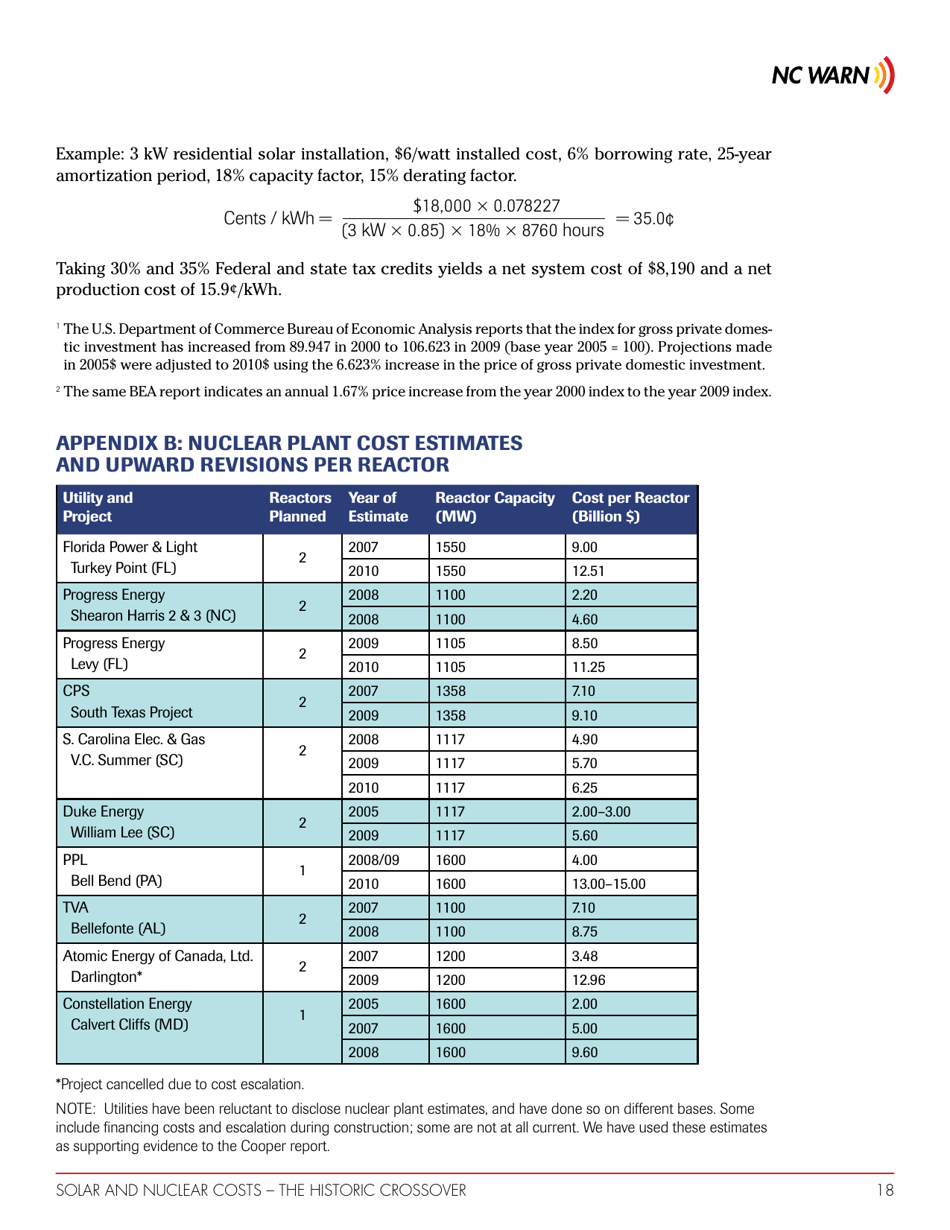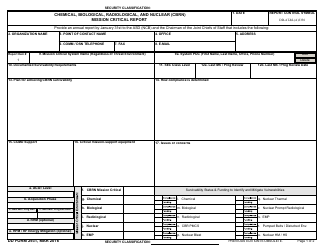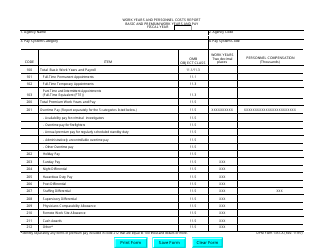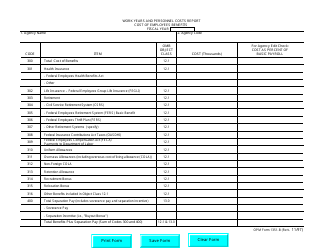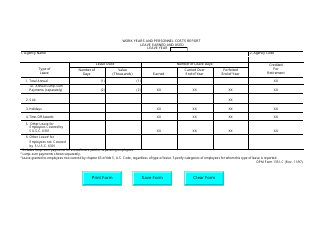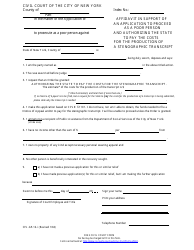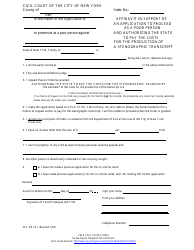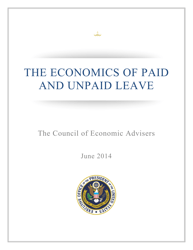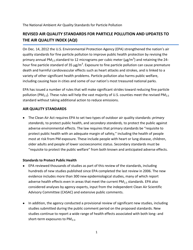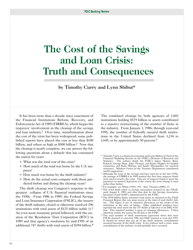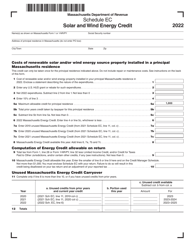Solar and Nuclear Costs - the Historic Crossover
The Solar and Nuclear Costs - Historic Crossover refers to the point in time when the costs of solar energy production became cheaper than the costs associated with nuclear energy production. This means that it became more economically viable to invest in solar energy compared to nuclear energy.
The historic crossover of solar and nuclear costs is typically analyzed and reported by various organizations and research institutes involved in energy sector studies and analysis. Some examples include the Energy Information Administration (EIA) in the United States and the International Energy Agency (IEA) on a global scale. These organizations compile data and conduct research to track and analyze the costs associated with solar and nuclear energy technologies over time.
FAQ
Q: What is the historic crossover between solar and nuclear costs?
A: The historic crossover between solar and nuclear costs refers to the point in time when the cost of solar energy becomes cheaper than nuclear energy.
Q: Has solar energy become cheaper than nuclear energy?
A: Yes, solar energy has become cheaper than nuclear energy in recent years, marking a historic milestone.
Q: What are the factors that have contributed to the lower cost of solar energy?
A: Factors such as advancements in technology, economies of scale, and government incentives have contributed to the lower cost of solar energy.
Q: Are there any disadvantages to solar energy compared to nuclear energy?
A: Solar energy has some limitations, such as intermittency and dependency on sunlight availability, which may not be a concern for nuclear energy.
Q: What are the advantages of nuclear energy over solar energy?
A: Nuclear energy provides a consistent and reliable source of power, and it does not depend on weather conditions or sunlight availability.
Q: Are there any environmental considerations when comparing solar and nuclear energy?
A: Yes, nuclear energy has waste disposal and potential safety concerns, while solar energy is considered a cleaner and safer alternative.
Q: Which source of energy is more sustainable in the long term?
A: Solar energy is considered more sustainable in the long term, as it relies on an abundant and renewable resource, sunlight, whereas nuclear energy relies on finite uranium resources.
